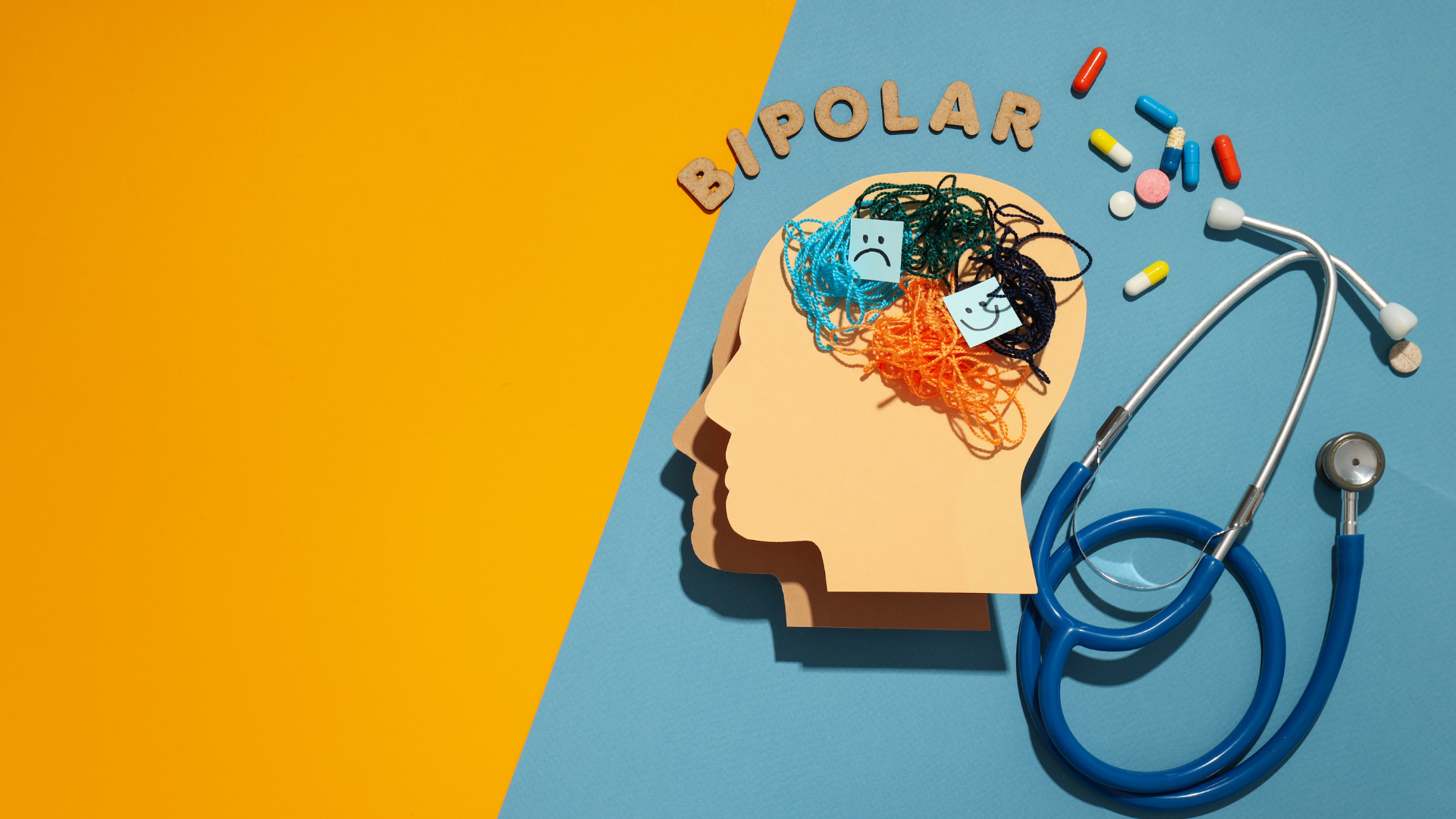Mental disorders are a major public health issue, affecting millions of people around the world. They can cause significant impairment in day-to-day life and can be incredibly difficult to treat.
One of the most common and effective treatment options is therapy. Working with a skilled therapist or counselor can provide needed support and help people develop healthy coping strategies tailored to their specific issues. Counselors are trained professionals who use different techniques to help patients gain perspective, process emotions, overcome trauma, and make positive changes over time. Reputed experts similar to these wheaton counseling service providers offer different types of therapy to improve mental well-being and address a variety of psychological challenges. These therapy sessions aim to empower individuals by fostering self-awareness, enhancing emotional resilience, and promoting personal growth.
Through regular sessions, counselors become familiar with an individual’s struggles and can gently guide them toward self-improvement. With consistent effort and commitment to the therapeutic process, many people find a lifeline through therapy, able to regain function and a sense of normalcy.
In this blog post, we’ll discuss the various types of therapies for treating mental disorders and explore the importance of therapy.
1. Cognitive Behavioural Therapy
Cognitive behavioural therapy (CBT) is a form of psychotherapy that focuses on the individual’s thoughts, feelings, and behaviours. It is often used to treat a variety of mental disorders, including anxiety, depression, and bipolar disorder. You can look for clinics that offer online psychotherapy San Francisco (or elsewhere) to avail of this unique form of treatment. So, although it is fairly new, it is quite accessible to the general public.
CBT is based on the idea that our thoughts and emotions are responsible for our behaviour. The goal of this therapy is to help people change their thoughts and behaviours so that they feel better mentally and physically.
One key component of CBT is the identification and examination of negative patterns of thought and behaviour. This process can be difficult, but it is essential in helping people change their habits for the better.
In addition to identifying negative thought patterns, CBT also focuses on developing positive alternatives. This involves creating plans for how one can improve their life if they are successful in changing their negative thinking patterns.
2. Motivational Enhancement Therapy
Motivational Enhancement Therapy or MET is based on the theory that people with mental health problems often have low levels of motivation. MET therapists work to help clients increase their motivation and improve their outlook on life. This can help patients feel more capable and confident in dealing with their symptoms, and it may also lead to lasting improvements in mental health. MET is typically delivered in group sessions, but it can also be delivered individually.
3. EMDR Therapy
EMDR (Eye Movement Desensitization and Reprocessing) therapy is a type of psychotherapy that helps people deal with past traumatic experiences. During EMDR sessions, therapists use techniques like eye movements, taps, or sounds to help stimulate the brain’s natural healing process. This therapy has been proven to be effective in reducing symptoms of PTSD (Post-Traumatic Stress Disorder) and other trauma-related disorders. If you’re still searching for a wholesome answer to the question “what is EMDR Therapy?” you can consider reading some informative blogs online.
4. Group Therapy
Group therapy is a type of mental health therapy that is typically used to treat anxiety disorders, depression, post-traumatic stress disorder (PTSD), and other mental disorders. Group therapy can help people with these disorders learn how to communicate better and work together as a team. This helps them develop coping skills and improve their overall social functioning.
Group therapy can also be helpful for people who have specific problems that they don’t feel comfortable discussing with one person. For example, someone with PTSD may feel more comfortable discussing their experiences in a group rather than privately with a therapist.
Group therapy also allows people with mental disorders to share their stories and receive feedback from others. This can help them learn how their behavior affects others and make changes in order to improve their relationships.
Group therapy can be difficult for some people because it requires them to share personal information. However, this is often the best way for people with mental disorders to get treatment.
5. Solution-Focused Brief Therapy
Solution-focused brief therapy is a relatively new form of psychotherapy that focuses on improving the individual’s ability to solve problems. SFT therapists work closely with their clients to identify specific goals and objectives that they would like to achieve in life. After discussing these objectives with the client, SFT therapists then help them develop strategies for achieving these goals. This often leads to significant improvement in the individual’s life satisfaction and overall well-being.
6. Exposure Therapy
Exposure Therapy is a type of therapy that uses exposure therapy to help individuals overcome fear or anxiety related to specific situations or objects. In exposure therapy, the patient is gradually exposed to the feared object or situation until they become comfortable with it. This can be helpful in treating conditions like phobias and panic disorder.
The Importance of Therapy
Therapy can be an important part of treating mental disorders. It can help improve symptoms and help people to better manage their disorder. Therapy can also help people to develop new ways of thinking and coping mechanisms, which can lead to improved overall well-being.
There is no one type of therapy that is always the best option for everyone with a mental disorder. Different therapies may be more or less effective for different people depending on their individual needs and experiences. The right type of therapy can be essential in helping individuals manage their disorder and achieve lasting improvements in their quality of life.

